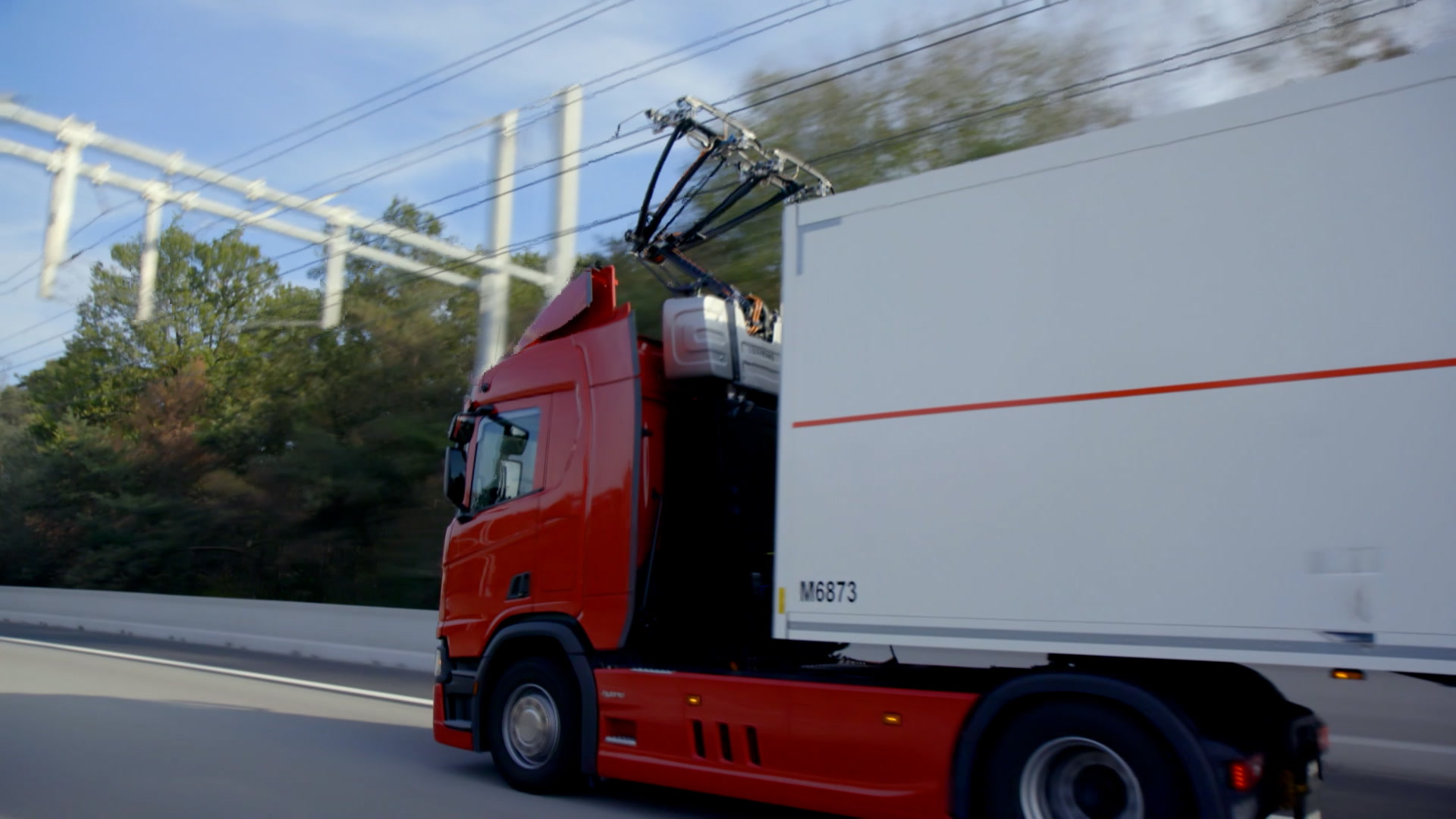This may be the most sustainable car carrier ever built

A new multi-fuel car carrier aims to decarbonize shipping and its supply chains. Image: Unsplash/Stefanie Jockschat

Get involved with our crowdsourced digital platform to deliver impact at scale
Stay up to date:
The Net Zero Transition
- The maritime sector is responsible for almost 3% of global GHG emissions.
- Höegh Autoliners has designed a multi-fuel car carrier to help decarbonize shipping and its associated supply chains.
- It was one of the first shipping firms to join the World Economic Forum’s First Movers Coalition and is working with them to advance the development of clean tech across hard-to-abate sectors.
Think car transporters and it’s possibly the double-decker, scary-to-meet-on-the-road vehicles that spring to mind. But when it comes to long haulage, new cars are most often shipped – nowadays in purpose-built, increasingly efficient vessels.
The process has evolved massively since the 1960s – from “tween-deck” general cargo ships to the roll-on-roll-off or “RoRo” pure car and truck carriers (PCTC) that have become the industry norm – but it still carries an environmental cost.
Given shipping’s long dependence on carbon-intensive fuels and the sheer scale of operations, it has traditionally been a big emitter of greenhouse gases. The maritime sector is currently responsible for almost 3% of global greenhouse gas emissions, but is also an area ripe for green innovation, according to the United Nations.
Innovating for a greener shipping sector
And breakthroughs in low- and zero-carbon fuels and other technologies are heralding hope of cleaning up the long-haul delivery journey.
Höegh Autoliners is taking up the challenge. In 2022, it was one of the first shipping firms to join the Forum’s First Movers Coalition (FMC), a group of companies working to advance the development of clean tech across the hard-to-abate sectors.
A global provider of RoRo transportation services, making around 3,000 port calls each year, the Norway-based company says it has developed the most environmentally friendly car carrier to date.
“We dreamed of taking the company in a whole new direction, adapting our current and future fleet to a green and more sustainable future. We succeeded in doing that with the launch of our Aurora class vessels and are now ahead of the pack in sustainable deep-sea transportation. No one has designed a similar vessel,” says Chief Operations Officer, Sebjørn Dahl.
What's the World Economic Forum doing about the transition to clean energy?
A zero-carbon ship
The multi-fuel Aurora class vessel will be the first PCTC to operate on zero-carbon ammonia, but with DNV’s ammonia and methanol-ready notation, can be run on either fuel. It is also the largest of its kind, the company says – designed to carry 9,100 cars.
Twelve vessels are currently on order with China Merchants Heavy Industry (Jiangsu) Co, Ltd. Höegh Autoliners anticipates a delivery schedule of two every six months starting from the second half of 2024. The entire fleet will be digitalized, it says, with Vessel Insight – Kongsberg Digital's cloud infrastructure – installed for their maiden voyages.

As an FMC member, Höegh Autoliners has committed to running at least 5% of its deep-sea operation on carbon-neutral fuels, and aims to achieve carbon neutrality across the enterprise by 2040.
Sebjørn Dahl adds: “The Aurora class represents the future of our business as well as the future of the industry. We are proud to be setting the gold standard by reducing our environmental footprint significantly and enabling our customers to decarbonize their supply chain as well.”
Don't miss any update on this topic
Create a free account and access your personalized content collection with our latest publications and analyses.
License and Republishing
World Economic Forum articles may be republished in accordance with the Creative Commons Attribution-NonCommercial-NoDerivatives 4.0 International Public License, and in accordance with our Terms of Use.
The views expressed in this article are those of the author alone and not the World Economic Forum.
The Agenda Weekly
A weekly update of the most important issues driving the global agenda
You can unsubscribe at any time using the link in our emails. For more details, review our privacy policy.
More on Supply Chains and TransportationSee all
Robin Pomeroy, Emanuela Orsini and Sophia Akram
April 30, 2024
Maria Mexi and Mekhla Jha
April 30, 2024
David Victor and Joisa Saraiva
April 29, 2024
Nick Pickens and Julian Kettle
April 22, 2024







